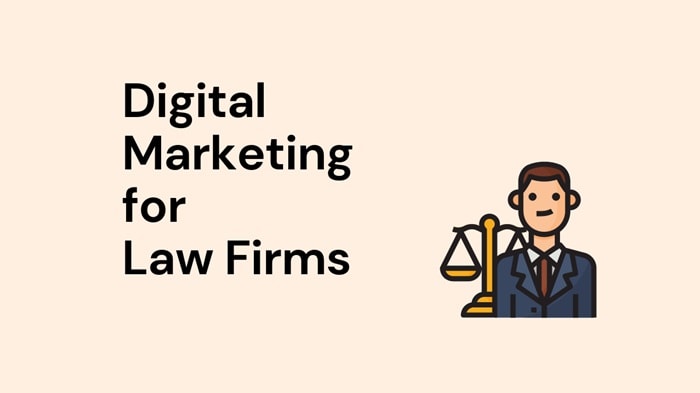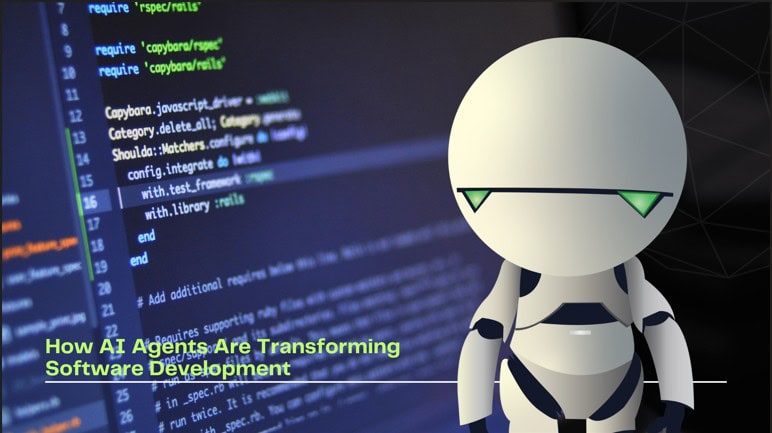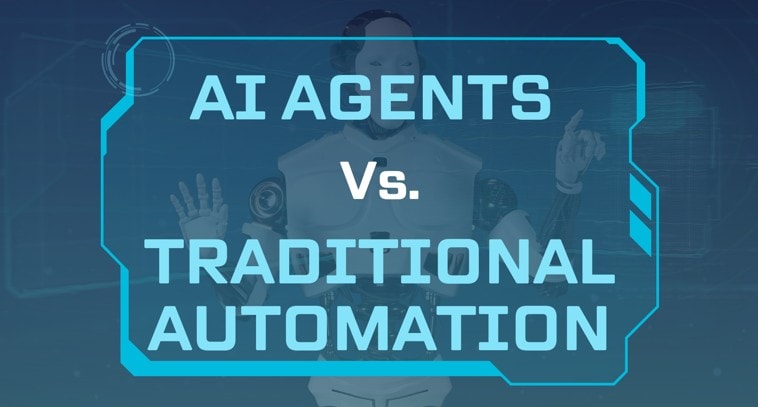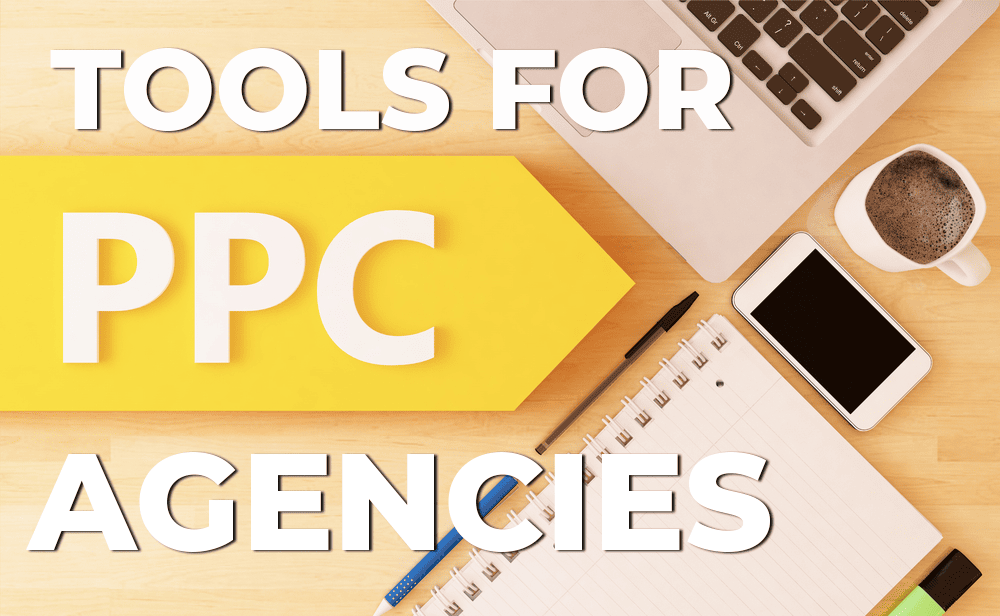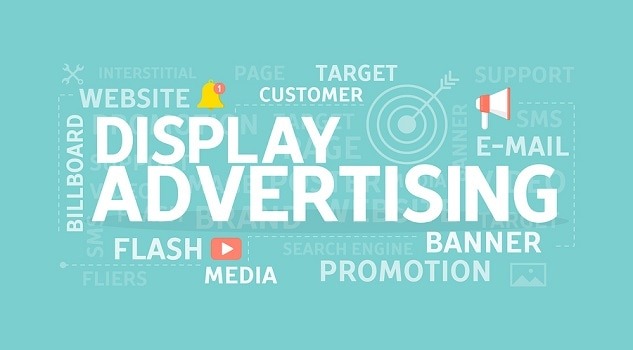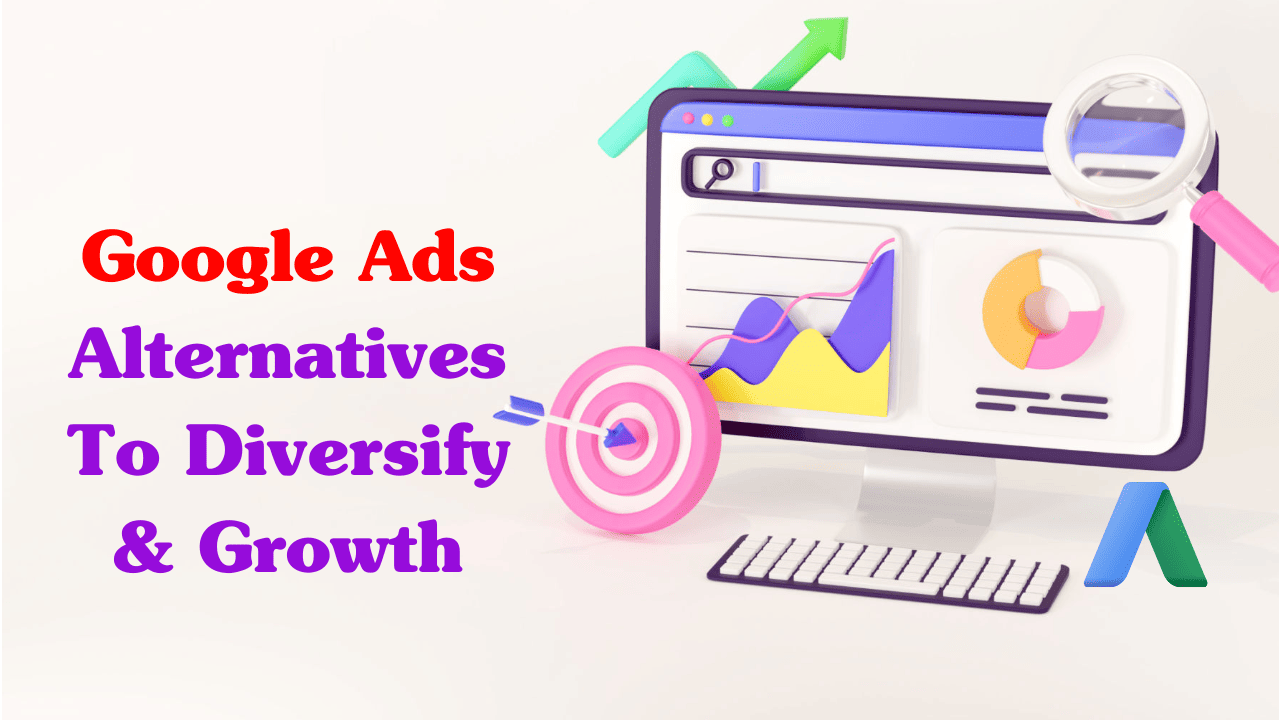Nowadays, numerous digital agencies are open to hiring novice marketers. However, a significant number of these agencies fail to offer substantial training in the realm of pay-per-click (PPC) marketing. To compound matters, there are instances where colleagues choose to withhold or distort crucial information.
Although there is a wealth of free information available online, it often presents itself as a convoluted puzzle.
To tackle this issue, presented below is a straightforward five-step growth strategy aimed at propelling you into becoming a PPC expert in the shortest possible time.
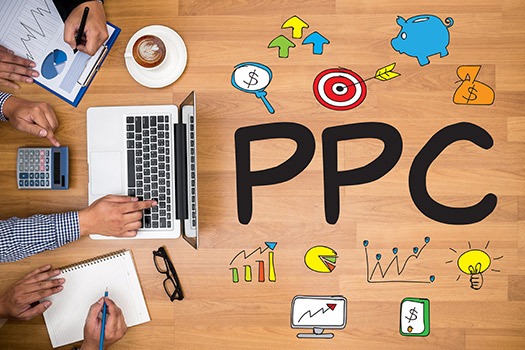
Excel in Managing Client Relationships
I understand that the top skill might come across as cliche. However, drawing from over a decade of experience in the field of PPC and having trained numerous specialists, it stands out as the primary factor propelling PPC professionals up the agency ladder.
Why? Because the core responsibility lies in driving your client’s growth, and that inherently involves dealing with people effectively. It’s important to note that expectations in the realm of PPC are consistently high, and achieving performance isn’t always a linear, straightforward path.
You’ll encounter situations where you need to address issues that others consider critical or persuade those same individuals to refrain from making changes, despite what they perceive as warning signs. This can swiftly lead to stress, impeding your ability to manage relationships effectively.
Navigating these challenging periods while simultaneously maintaining client satisfaction and retaining their trust demands a composed demeanour. You’ll also need the ability to explain complex technical and analytical concepts in simple terms—and most importantly, exercise patience.
So, you might be wondering how to master client relationships. While it’s a complex subject that can’t be fully covered in just a few lines, here are some initial pointers to set you on the right path.
-
Build Trust
Trust is something that builds gradually over time. When your client is truly in need, strive to be the singular individual they are confident in relying upon. Consider this scenario: envision a time-sensitive project that holds significant importance for your client but might not carry the same weight for you. Moreover, it falls slightly outside your usual scope of work.
You may also like: Is It Required to Hire an Agency to Handle Pay-Per-Click Tasks?
An unreliable point of contact from an agency might not provide the necessary assistance to the client in such a situation. However, you should. As trust deepens, it paves the way for lasting, significant accomplishments in the long run.
-
Display Empathy
Individual behaviour varies, and not every meeting needs to be characterized by positivity and ease. Feeling less enthusiastic about a particular client?
Here’s the reality: It’s perfectly fine. Grant them some leeway—just as not everyone finds you exceptionally likeable either, and that’s alright.
Your aim should be to be the individual who propels the project forward within the room, even during challenging moments when individuals might become inflexible.
-
Demonstrate Your Proficiency
Whether you believe it or not, I have come across numerous agency professionals who don’t adequately prepare for client meetings. Some fail to foresee questions and end up resorting to the response, “I’ll get back to you.”
You should strive not to fall into that category. Take the initiative to send out meeting agendas ahead of time. Furnish meeting summaries, outline action items, and specify deadlines. In essence, cultivate reliability.
Engage in Strategic Thinking
I understand your perspective. “Strategy” is undoubtedly a buzzword, often joined by other terms like cloud computing, innovation, big data, and blockchain. However, despite its overuse, strategy remains an indispensable element for the success of agency PPC specialists.
The definition of being strategic can differ widely depending on your specific field of work. Upon reading a CamRojud strategy article, you’ll realize its applicability doesn’t neatly align with the day-to-day tasks of PPC work.
That said, despite its imperfections, allow me to present a PPC-centric operational definition of strategy:
“Strategy entails a collection of components that facilitate substantial, long-term business growth, with ‘substantial’ signifying at least a 30% boost in your top KPI.” To put it another way, thinking strategically involves prioritizing your endeavours based on their impact.
Let me illustrate this concept with an example. The next time you’re considering running an A/B test, follow these steps:
- Self-reflection is crucial.
- Determine if your A/B test has the potential to generate a 30% growth in your key KPI.
- Reorganize your priorities by focusing on higher-impact elements.
The operational strategy might not be a primary focus for PPC beginners. However, grasping the principles outlined above serves as a solid foundation for starting out.
You may also like: Advantages Of Personalized Household Advertising
In order to assist you in progressing to the following stage, presented below is a framework reminiscent of a media plan. It serves as a structure to guide your strategic thinking:
-
Goals
For e-commerce clients, the typical pairing involves revenue alongside return on ad spend (ROAS).
In the case of lead generation clients, the pairing revolves around marketing qualified leads (MQLs) and cost per MQL.
However, it’s worth considering alternative approaches. For instance, introducing margin to enhance ROAS or incorporating MQL value rather than focusing solely on MQL volume.
-
Budget
The budget structure typically falls into one of two categories: “unlimited as long as a specific ROAS target is met,” or a fixed monetary amount per month or year. However, it’s valuable to question and explore these allocations.
Consider, for instance, whether the budget is appropriately assigned to optimize your goal, be it the right product line or geographic region. Moreover, does the budgeting account for seasonal fluctuations?
-
Targeting
Your aim is to connect with a specific target audience. To achieve this, utilizing various ad networks and channels becomes essential. However, at times, these elements might not be configured to fully optimize your PPC objectives.
Identifying these areas of untapped potential provides an opportunity for strategic thinking.
-
Messaging, Landing Page and CTA
Indeed, that might appear straightforward at first glance. However, exercise caution, as there isn’t a singular approach to engaging prospects and compelling them to take actions aligned with your objectives.
Use your critical thinking skills and utilize Ad Libraries to devise alternative methods (ideally, more effective ones!) for communicating with your target audience.
Skillfully Manoeuvre through Data with Accuracy
Doesn’t “data” also sound like another buzzword? My apologies for that! Allow me to simplify the data skill set and lay out a clear path for PPC beginners.
You may also like: How can Digital Marketing Agency Help Improve Company Revenue?
While there’s an abundance of data-related roles, as a novice in PPC, you should approach data from three angles:
- Data Analysis: Are you well-versed in the intricacies of each key performance indicator (KPI)? For instance, do you comprehend how click-through rate (CTR) influences cost per click (CPC)?
- Data Generation: Do you possess an understanding of what constitutes a conversion, how it’s triggered, and the means to verify that these parameters are satisfactory?
- Data Visualization: This may be a tad more advanced, but can you craft a narrative from the data you’ve accumulated?
Once again, I realize this might sound somewhat disconnected, so here are practical tools to initiate your journey:
-
Google Analytics
Within the realm of PPC, constructing reports is imperative for comprehending various aspects such as traffic origins, conversion attribution, conversion rates across different stages of the funnel, and the performance of individual products.
Consequently, it’s crucial to immerse yourself in learning Google Analytics 4 (GA4) and other associated analytics tools.
-
Google Tag Manager
At the bare minimum, you should grasp what event initiates your conversions. Frequently, this entails employing Google Tag Manager’s (GTM) preview mode and conducting live tests on your client’s website. It’s imperative to ensure that you have a clear understanding of its functioning.
-
Looker Studio
Avoid the common error of inundating your clients with an array of KPIs that might be Greek to them, particularly if they’re not fans of Excel.
Instead, invest your efforts in simplifying your data to construct a captivating narrative that is not only straightforward to grasp but also leaves a significant impression. To achieve this, leverage potent visualization graphs and tables found within tools like Looker Studio.
Dedicate yourself to Daily Learning
This is the skill set where I’ve observed numerous PPC professionals skipping steps, only to find themselves unable to rectify it later on. This oversight can lead to subpar operational and managerial performance. It’s important to take your time—there’s no need to rush through this phase.
Undoubtedly, the primary PPC channels are Google Ads and Meta Ads. A majority of clients utilize either or both of these advertising networks. But what’s the underlying concern?
You may also like: Ways a Virtual Assistant Can Save Your Business Money
It’s known as the Dunning-Kruger effect.
Too often, individuals manage a few campaigns on Meta Ads and fall into the belief that they possess an exhaustive understanding of the platform. Similarly, some individuals may confine themselves to running SKAG (Single Keyword Ad Group) campaigns in Google Ads, never realizing there’s an expansive world beyond this structure.
In essence, the goal is to establish a robust foundation of technical knowledge for these core ad networks, while also remaining open to challenging that foundation from time to time.
It’s crucial not to blindly buy into the notion that PPC undergoes dramatic shifts every few days. However, it’s equally important to avoid becoming entrenched in outdated practices.
So, as a beginner in PPC, how can you embark on your journey? Here are some guiding points:
-
Get Certified
Google Ads certifications might not offer substantial practical utility. However, they do hold a significant advantage: they establish a level playing field for PPC professionals, facilitating uniform vocabulary, perspectives, and more.
Likewise, Meta (formerly Facebook) provides training and certification programs. It’s advisable to make good use of these resources as well.
-
Read News
If you’re perusing this, it’s evident that you recognize the value of CamRojud as a reliable source to stay current and expand your knowledge.
However, it’s essential to broaden your horizons by tracking content from other creators. Consider, for instance, delving into Jon Loomer’s insights for comprehensive information on Meta Ads or subscribing to various agency blogs.
-
Network
Each project possesses its unique characteristics, making it unrealistic to single-handedly master them all. Engaging in conversations with fellow PPC professionals essentially allows you to fast-track your journey towards PPC mastery.
Oh, and have I mentioned how gratifying it is to converse with individuals who truly comprehend the challenges you’re navigating?
-
Conduct Independent Testing
Both Google Ads and Meta Ads extend ad credits to new advertisers. Additionally, with the advent of platforms like Shopify, establishing an online store has become more accessible than ever before.
Embrace the opportunity to run your side project without hesitation. Such endeavors provide a secure environment for experimentation and learning.
Establish Organizational Structure
Might this sound like a given? In the realm of PPC, meticulous attention to detail is paramount. You’ll swiftly come to recognize the necessity of a second mind to manage everything effectively, without descending into chaos or inadvertently damaging an account.
It’s worth noting that even the smallest glitch can trigger substantial consequences on overall performance. Best of luck attempting to locate that proverbial needle in the haystack months down the line!
Hence, as a PPC specialist, it’s imperative that you’re at ease with:
-
Project Management
Familiarity with tools like Monday.com, Asana, Notion, and similar platforms is crucial. If you’re not acquainted with them, consider incorporating them into your workflow.
The objective is to structure your projects and tasks by utilizing priorities, deadlines, dependencies, and other features. This approach offers a clearer overview of your schedule and workload.
You may also like: How to Create Mobile-Friendly Contents
-
Documentation Tools
Much like project management tools, the ability to recall and comprehend past events on specific dates is essential for future reference.
For instance, can you recall what transpired on November 29, 2019?
-
Templatize Your Work
Encountering the same task repeatedly? This scenario presents an excellent opportunity to create templates.
By doing so, you eliminate the need to reinvent the wheel with each instance. Moreover, when the time comes, delegating these templated tasks becomes seamless, paving the path for a successful managerial career.
Essential Skills for Every PPC Specialist
PPC entails more than just selecting the appropriate keyword match type or crafting compelling ad copy.
Once you overlay the skills mentioned above onto the intricate technical aspects, you’re primed to ascend the ranks within the agency hierarchy.
Would you like to read more about must have essential skills for every PPC Specialist related articles? If so, we invite you to take a look at our other tech topics before you leave!
Use our Internet marketing service to help you rank on the first page of SERP.


